Today is a day that has taken QUITE A WHILE to come. It’s one that I am POSITIVE a number of friends have been waiting for! For years, I have walked into various sporting goods shops… and as I’d near the clothing sections, I’d feel an uneasiness… In fact, I’d feel damn well unwelcome frequently. So much so that if a certain thing was seen, I would take photos with my phone & share the with words of caution to friends. Here’s what would make my redhead temper flare:
The ad would fire me up. And when I saw friends wearing Under Armour clothes, I’d mention the ad campaign. And when I saw land grant schools (who were being paid tens of thousands of dollars by thousands of cotton farmers) sporting the UA logo on team gear, I would get mad. I couldn’t think that maybe the garment had some performance characteristics like wickability or something because all I saw was “COTTON IS THE ENEMY.”
Now, to be clear, I prefer cotton and think that the fabric of my life feels awesome. I tend to prefer other natural fibers like silk, linen and wool too. BUT I don’t think I’ve even said polyester or any other synthetics were the enemy. In fact, I think there is a real role for them. And I say that while wearing a pair of jeans, a favorite t-shirt (both 100 percent cotton) and a Polartech Mountain Hard Wear jacket that is 100 percent polyester.
See, it was the heated word “enemy” that repeatedly brought my heated reaction. Sort of a tit-for-tat that was unwritten. And I’m sure I am not the only one as I saw a friend from Texas recently point to the phrase when a mutual friend’s profile photo on Facebook included the UA logo.
But months ago, I began hearing rumors in the cotton industry that maybe we could all get along. I was told Under Armour’s ad campaign had changed and visits to their website had me coming up empty for the cotton hatin’ words. I decided to cool off & have practiced UA neutrality for a while. Then came an announcement I had hoped for, it popped up in the daily news email from the National Cotton Council.
Under Armour to introduce cotton shirt in 2011
Baltimore Business Journal – by Ryan Sharrow
Cotton is no longer Under Armour Inc.’s enemy.
Under Armour CEO Kevin A. Plank said Tuesday the Baltimore sportswear maker will introduce its “first true performance cotton shirt” next spring.
The product will “introduce Under Armour to a whole new level of consumers,” Plank told analysts on a conference call while discussing the company’s third-quarter earnings. “We’re confident this innovation will expand both the reach and the equity of our brand.”
For years, Plank has declared “cotton is the enemy” to investors and customers.
via Under Armour to introduce cotton shirt in 2011 | Baltimore Business Journal.
WOW! Read the first line of that article again — “Cotton is no longer Under Armour Inc.’s enemy.” Seriously, that makes my day. And it is the sort of thing that we need to see a lot more of, if you ask me.
I see or hear equally hot words pop up all too often. In fact, a couple of weeks ago in a Twitter discussion — a forum founded on the idea of bringing different viewpoints together — I saw words like “bigot” and “invade” used to talked about people who believed differently and ways to counter those opinions. It’s still stuck with me today. And yet, had the words been better chosen, I would have most certainly agreed with the person’s viewpoint. The word “bigot” turned me off immediately so I can only imagine what it did for people who disagreed.
If you use a word that strong, you have to realize you have killed any productive conversation. You could be expressing your opinion on something totally unrelated but by showing a lack of acceptance of diversity, you make things black and white rather than allow for grays.
The fact is one word can make a difference between possibility of working together to being diametrically opposed to each other. At the end of the day, I just don’t see that as helping any of us. It’s easier not to make enemies to begin with if you ask me.
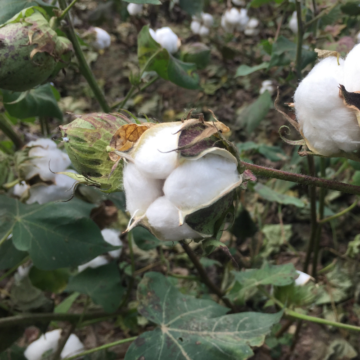
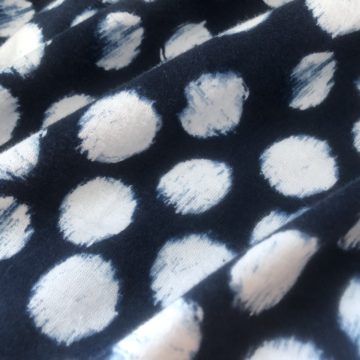
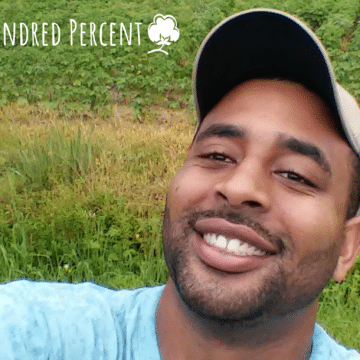
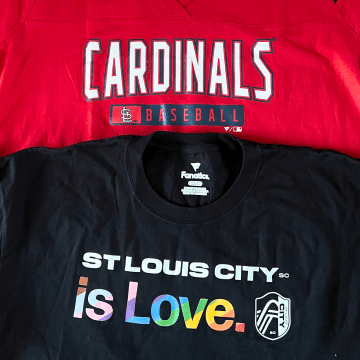
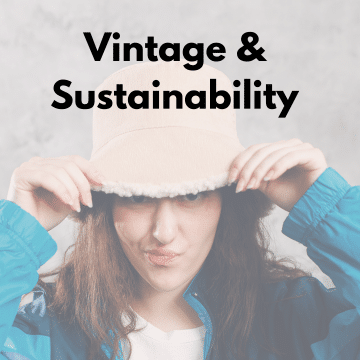
Excellent post. You are correct in that instead of seeing red, we need to see the opportunities. What an amazing opportunity for the cotton industry and cotton farmers.
WOO HOO! AFBF is plugging your blog on Facebook! You go girl! ( and AMEN to seeing opportunities instead of road blocks!)
I hadn’t seen that! Wow. Good day!
Unfortunately cotton IS the enemy, GMO cotton that is. Animals that graze on it DIE, people who work around it develop ALLERGIC REACTIONS. Consumers – STOP demanding cheap and start demand QUALITY. Cotton Farmers WILL grow what you want but they need to make a living too so pay a little more and buy ORGANIC cotton. Your body will thank you for it!
I agree that the market leads the choices many farmers make in terms of production and that cheap is rarely best. However, I disagree with your statements around biotech and organic. I’ve not seen any research that indicates either provides greater health benefits than the other.
Animals can eat cotton??
Do you have links to the research on the allergic reactions? I haven’t seen the allergy work before and I’d like to learn more about it.
Theresa,
Cotton seed can be part of cattle feed. You can read a bit more about this in a post a vet friend wrote for me recently at https://jplovescotton.wordpress.com/2010/10/12/cows-eat/
I’m not aware of any research showing allergens with biotech or organic. In fact, Rutgers has done a number of studies showing the positive contributions biotech has had with the health of farmers in Asia and Africa. Like you, I would be interested in any data that suggests otherwise.
jp
This IS great news for everybody! Thanks for blogging about it. AWESOME blog post, girl, and EXCITING opportunity for the cotton industry. Your last paragraph says it all. Thanks for doing this!
“About 25 percent of the world’s insecticide use and more than 10 percent of the world’s pesticide goes to cotton crops.”
There is an abundance of information regarding GM crops, pesticides, including the dying and bleaching processes.
https://www.motherearthnews.com/Nature-Community/Organic-Cotton-Benefits.aspx
Dioxins, coloring agents, barely-paid labor, pesticides and more. Do a little research and it will go a long way.
Keith, Thanks for coming by. I agree with you that people need to do research and there are a number of factors that go into cotton textiles but again, I see the big picture differently and feel biotech has a real role, as do organics.
“Thousands of sheep, buffalo, and goats in India died after grazing on Bt cotton plants after harvest. Others suffered poor health and reproductive problems.”
Theresa, Here is a good place to start researching GMOs. https://www.responsibletechnology.org/gmo-dangers/health-risks#34
By the way, did Janice happen to mention that she works for Deltapine (owned by Monsanto), the world’s largest producer of GMO cotton seeds?
Are you surprised that Janice has not heard of a downside of GMOs? Rather disengenuous I think.
It is difficult to get a man to understand something when his job depends on not understanding it.
– Upton Sinclair
There are numerous sources third parties, etc who would disagree as well as cotton farmers.
I will not get into a personal debate with you about my integrity. I work for Monsanto proudly and point out my employer on the about me page. Monsanto has no connection to this blog’s content.
As my comment policy says, only comments relating to the posts will be allowed to appear on this blog. The point I was making was words make a difference.
I am doing a research paper on GMOs and just got rid of all my crap food. Now I am going to stop spending money no UnderArmor, it is obviously a rip off. GMOs are massed produced and cheap so why should I be spending so much on a T shirt? I am avoiding all non organic corn and I am going to try and avoid GMOs. I hope enough people educate themselves about Monsanto before it is too late to save our planet.
Since you left a comment on my blog, I feel I should point out a few things. One, we obviously have a different experience with GMOs. I have written about some of my thoughts here https://janiceperson.com/agriculture/ag-awareness/what-are-gmos-why-do-farmers-plant-gmo-crops/ and I would encourage you to continue doing research. There are a lot of scientists who are on social media with whom you can speak directly, some are listed here https://janiceperson.com/agriculture/ag-awareness/gmo-food-scientists-talk-nerdy-to-me/
Two, I think most Americans (me included) own too many clothes. We don’t think about where they come from, how they are produced, etc. and that is the case whether they are expensive labels or cheap tshirts. I prefer natural fibers to man-made for several reasons including they are grown in a renewable way and they have a different profile at the end of their life cycle.